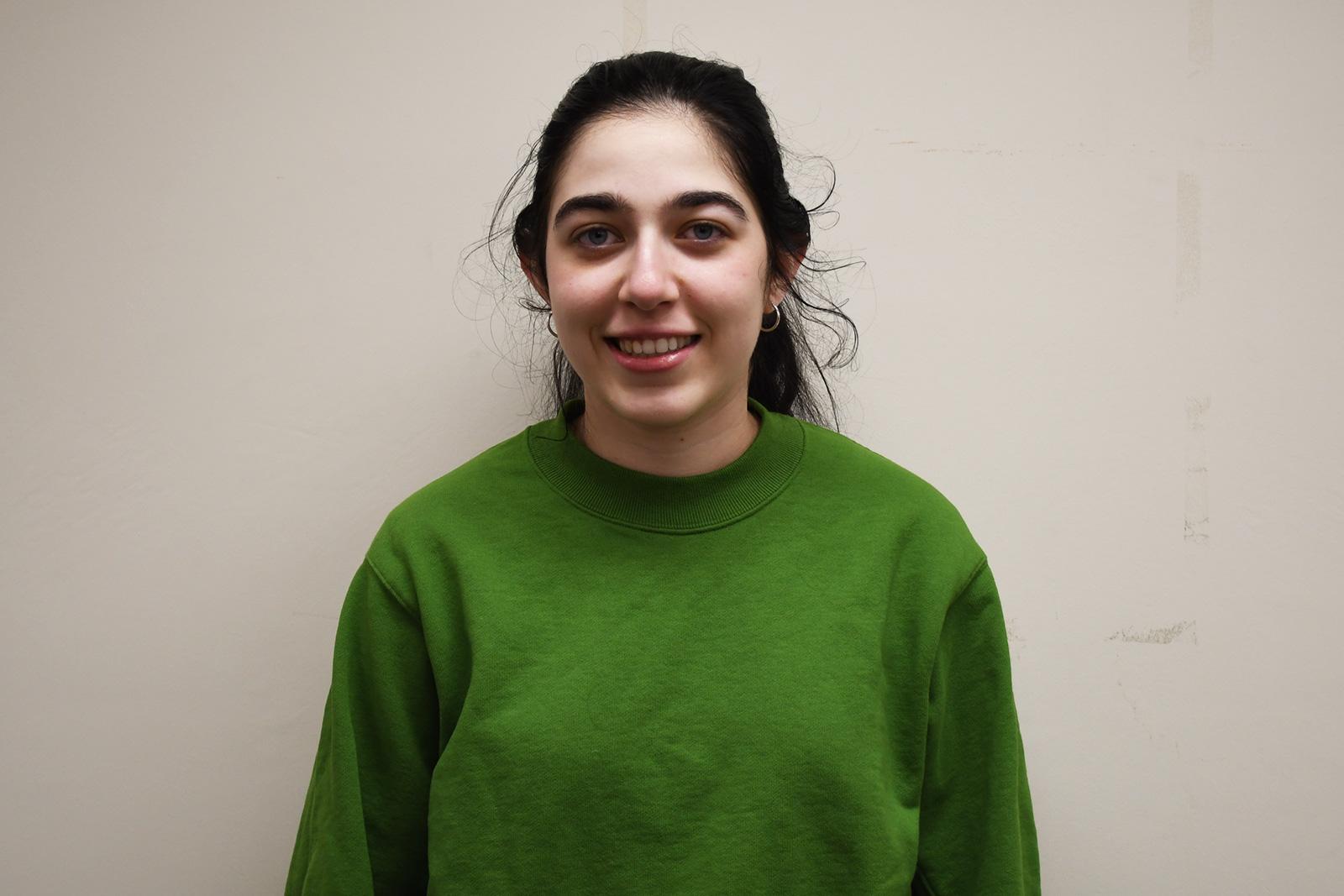Part 2: What is the BUPD?
The Boston University Police Department, according to a 2006 Daily Free Press article, is “one of the largest and most intricate private policing institutions in the Commonwealth of Massachusetts, protecting not only BU students and faculty, but also all BU property in Massachusetts, the Boston Medical Center in Roxbury and the local neighborhoods surrounding the campus.”
In Massachusetts, campus police officers are considered “special state police officers.” This means that although BUPD is a private law enforcement agency, its officers are trained at the academy; armed with guns and tasers; and have full authority to arrest and use force against people.
Campus police are not held to the same public reporting or accountability requirements as state and local police.
For instance, in June of 2015, Massachusetts State Police shot and killed someone holding a knife near BU’s campus. BUPD responding officers filed a report, but rejected public requests for it. They stated that the department would only release the report under subpoena.
Frank LoMonte, executive director of the Student Press Law Center, told The Washington Post that “the vast majority of colleges don’t consider themselves to be subject to these disclosure laws” and said journalists seeking information would often get “sue us” as a response.
Campus police, however, are held to at least one significant transparency requirement — the Clery Act. Academic institutions that are under federal financial assistance must release an annual report with campus crime statistics. They must also publish public daily crime logs.
But colleges have discretion as to how they make their crime logs available to the public, and BUPD’s daily crime logs offer no details as to who exactly they profile most frequently.
Most importantly, these crime logs are not adequate substitutes for public access to campus police reports. These reports could provide more information on police conduct and the nature of the incident in question.
The number of complaints made against the BUPD between 2016 and 2018 are listed on their website, but no further information is listed or readily available to the public. What was the reason for these complaints? How did the department discipline the officers in question?
BUPD claims to be transparent. And yet, when asked to disclose all the non-exempt information about these complaints, such as whether the officers in question were fired, Patrol Commander Anastasios Gianoppoulos directed me to the Massachusetts crime statistics website. While there is information on the racial demographics of those arrested, the website contains no information about the complaints made against the BUPD, or the demographics of those the BUPD regularly targets.
Additionally, campus police are not held to the same accountability measures as municipal police. The Washington Post has reported that “while judges have generally ruled that suspects detained by state campus police have a right to due process, most courts have also acknowledged that non-state-sanctioned entities are absolved from heeding constitutional protections such as those granted by the Fourth Amendment if their actions are in furtherance of a private interest.”
This is all made much worse when one considers that campus police are not beholden to the public or the state. They only have to answer to college administrators. And, in an environment in which college administrators are often responsible for mishandling sexual assault cases, having the campus police under their immediate jurisdiction compromises any semblance of justice.
The extent to which the student administration and campus police are intertwined is made all the more obvious when one considers campus police are designed to enforce the student code of conduct as well as the local law.
In 2016, at Brigham Young University, this overlap between campus police and administration proved to be detrimental. A student sued the University alleging that the campus police department illegitmately obtained records as evidence that she violated the school’s prohibition of sexual relations outside of marriage — she was raped.
Of course, BU does not have a code of conduct against sex before marriage. But the point stands: having a fully operational police force in charge of implementing the student code of conduct, which legislates something as insignificant as hanging a poster on a tree, is dangerous.
All of this does not even touch on the fact that campus police at BU are equipped with semi-automatic rifles. Reports of crimes on college campuses declined by 32 percent from 2001 to 2016, according to the National Center for Education Statistics. And yet, campus police forces — including the BUPD — have only become more militarized.
In 2017, BUPD Chief Kelly Nee traveled to Israel with members from every level of law enforcement in New England to attend a counterterrorism seminar held by the Israeli police force.
The Israeli police force has been cited by multiple human rights organizations for its use of excessive force, racial profiling, extrajudicial killings and suppression of free speech. What about their policing model does the BUPD want to emulate?
Keep in mind, our No. 1 crime on campus is still theft — of unattended laptops, bicycles and the like.
In summary, the BUPD is heavily armed and authorized to use force against students and citizens. It is not held to the same public-record laws or accountability measures as municipal police officers, yet it regulates “public safety” with the same authority.
The solution to this is not as simple as instituting reforms and regulations for campus police. Municipal police officers are already limited by these regulations and accountability measures, and they are still brutalizing protestors and murdering Black people. If you’re skeptical, take a look at what happened in Baltimore.
The only way forward isn’t reform — it’s abolition.
























































































































